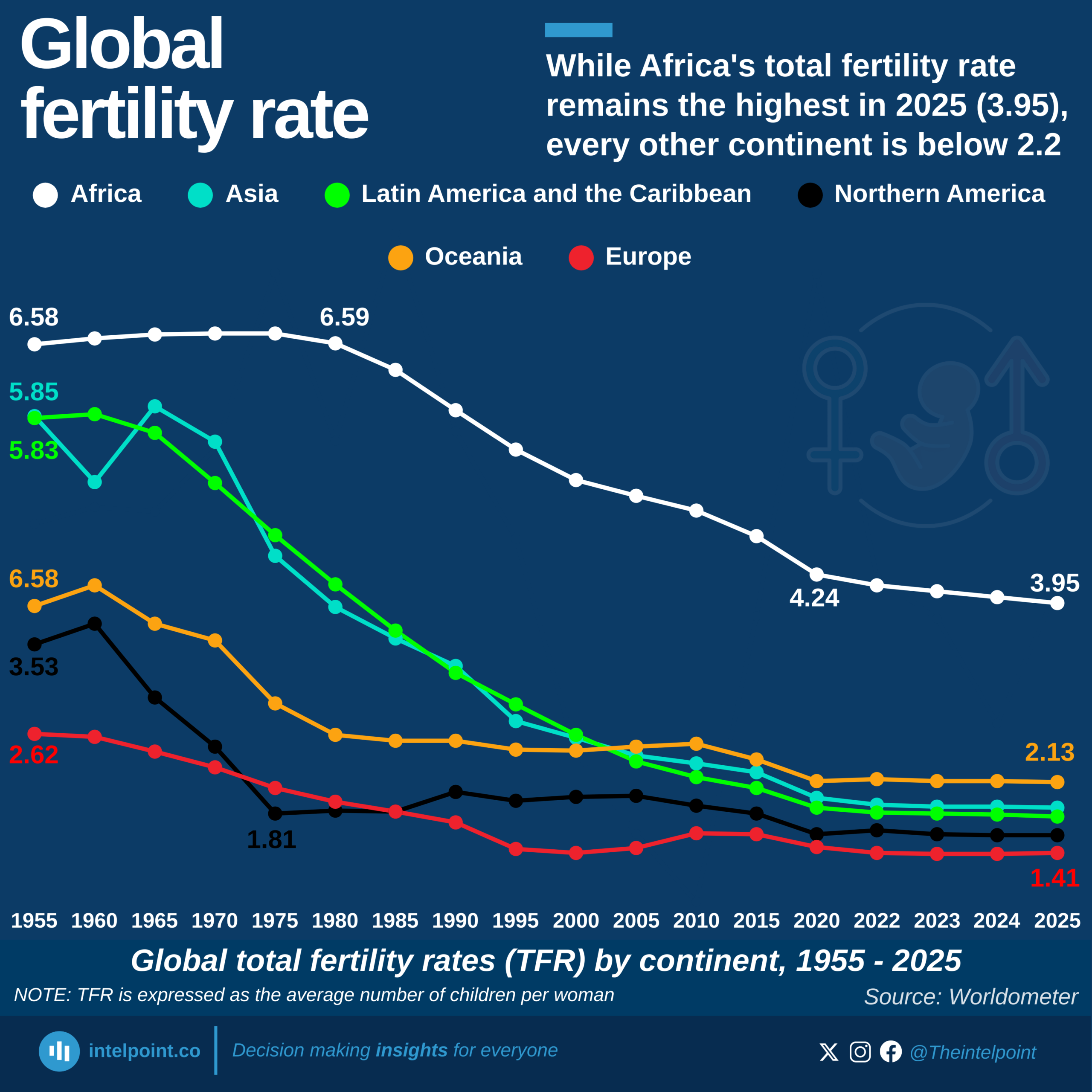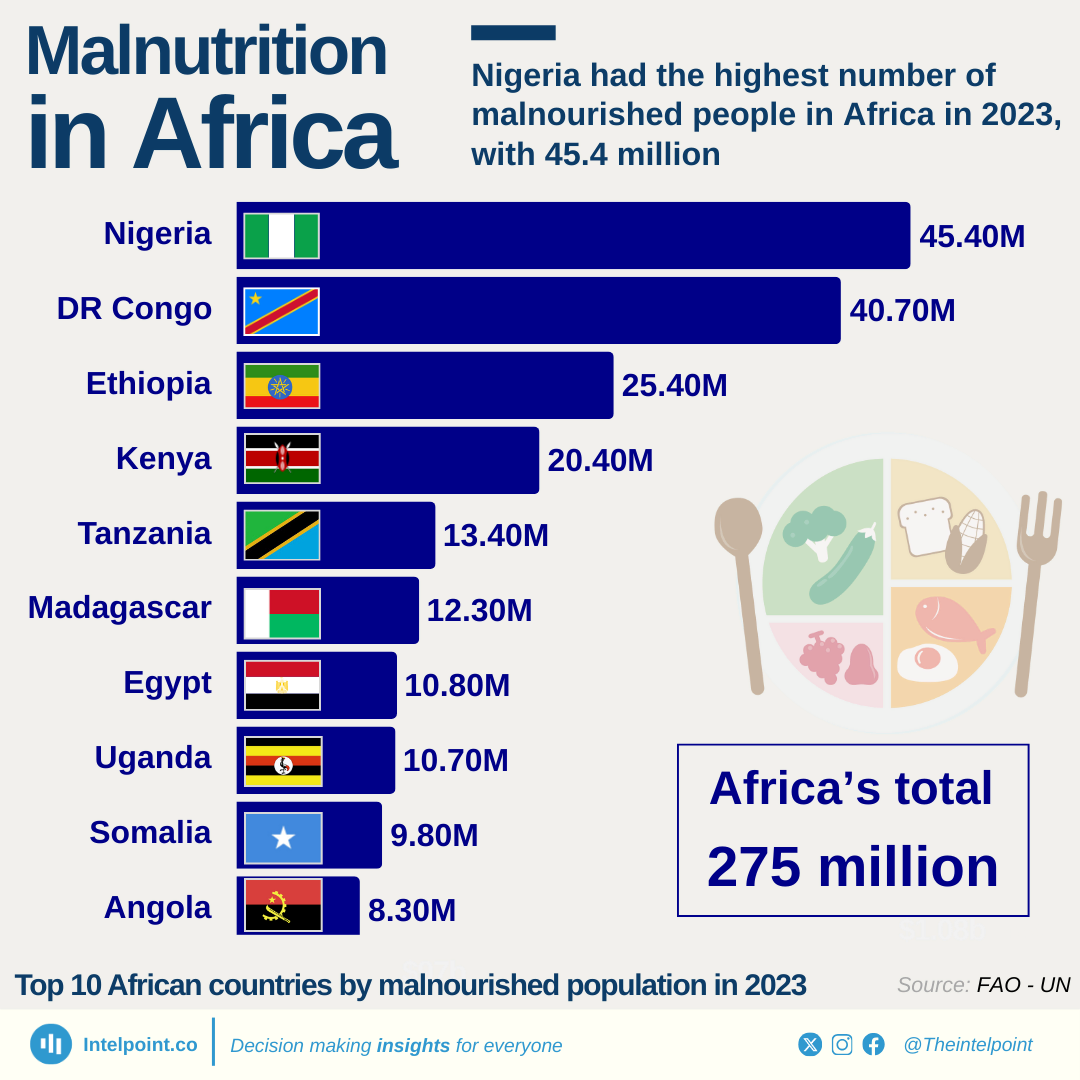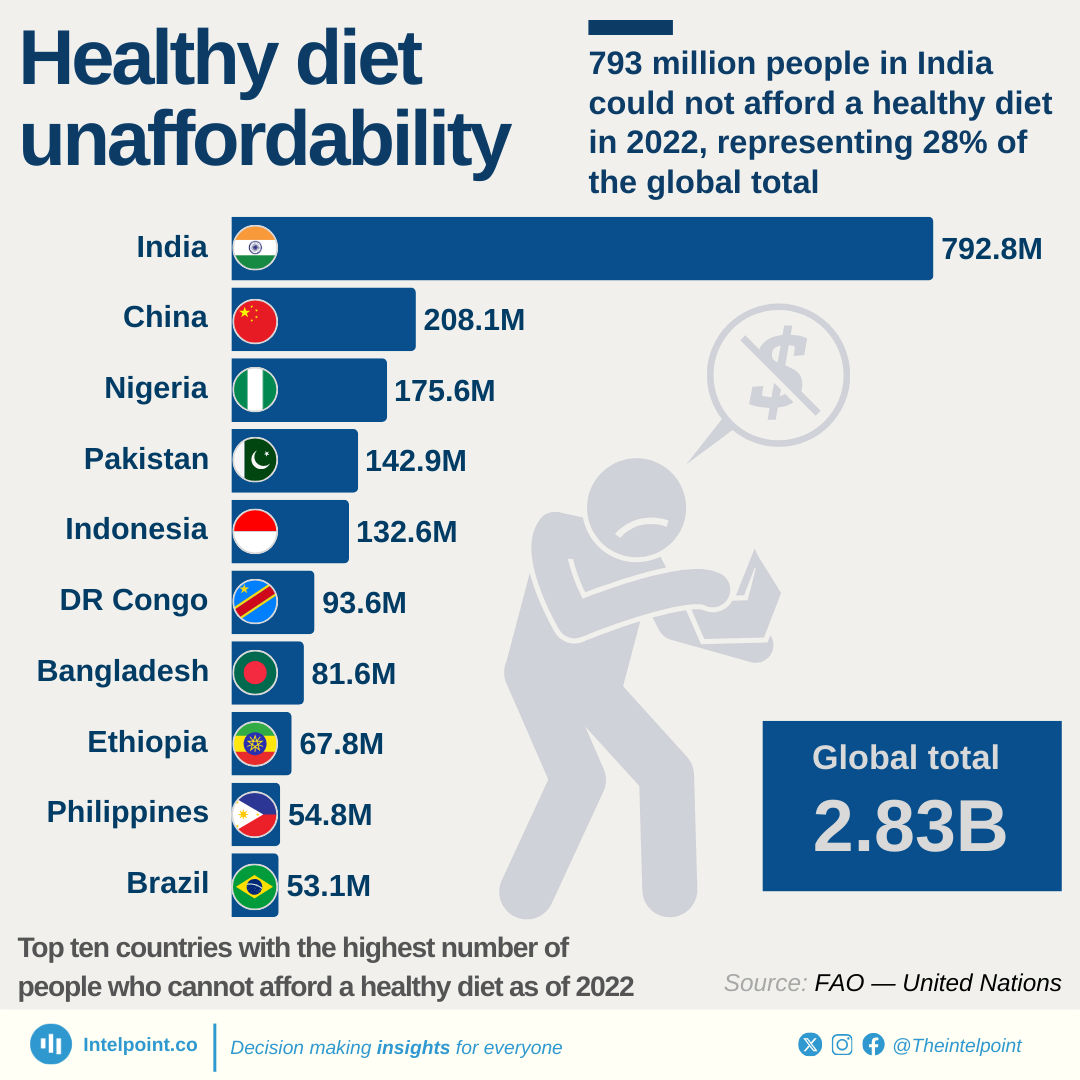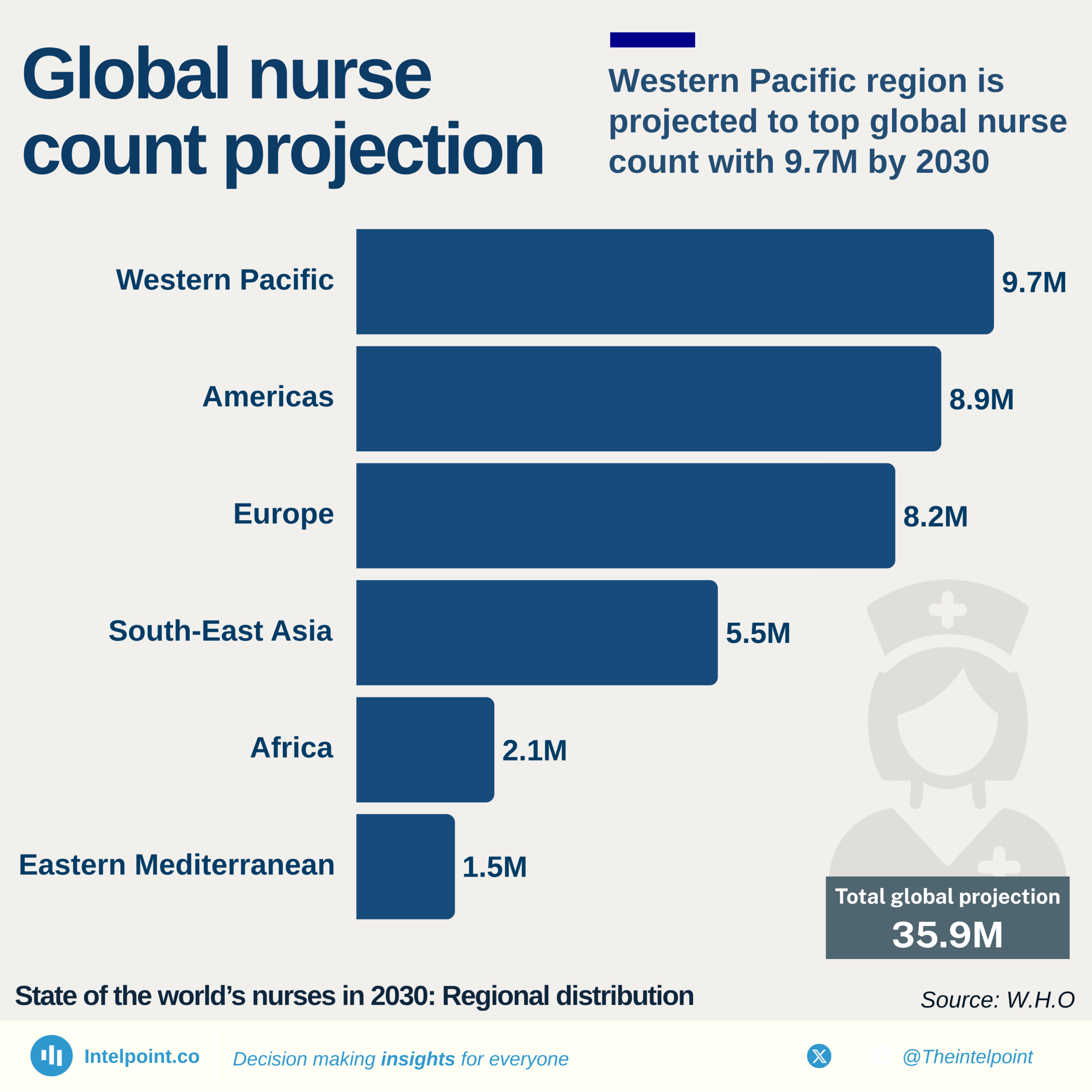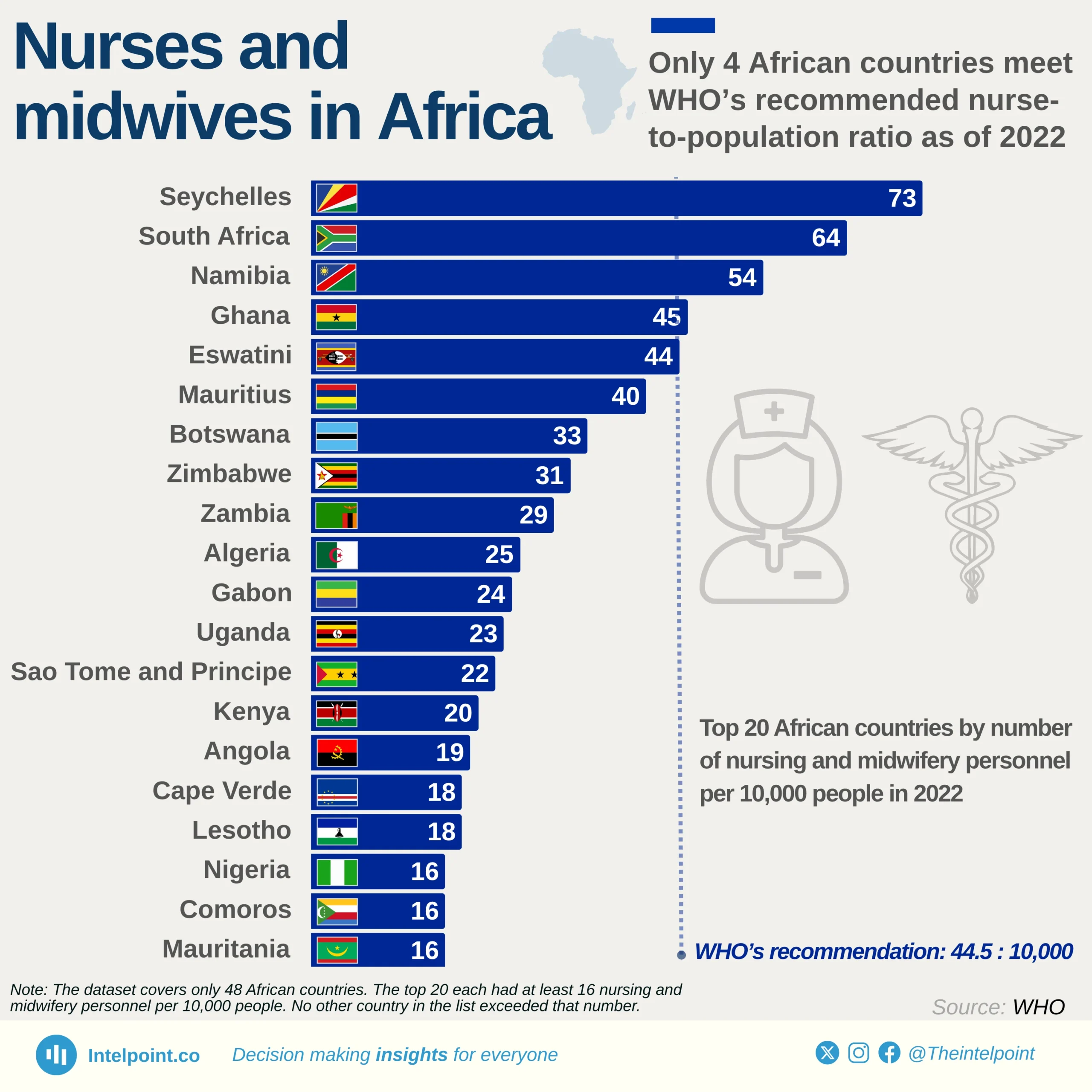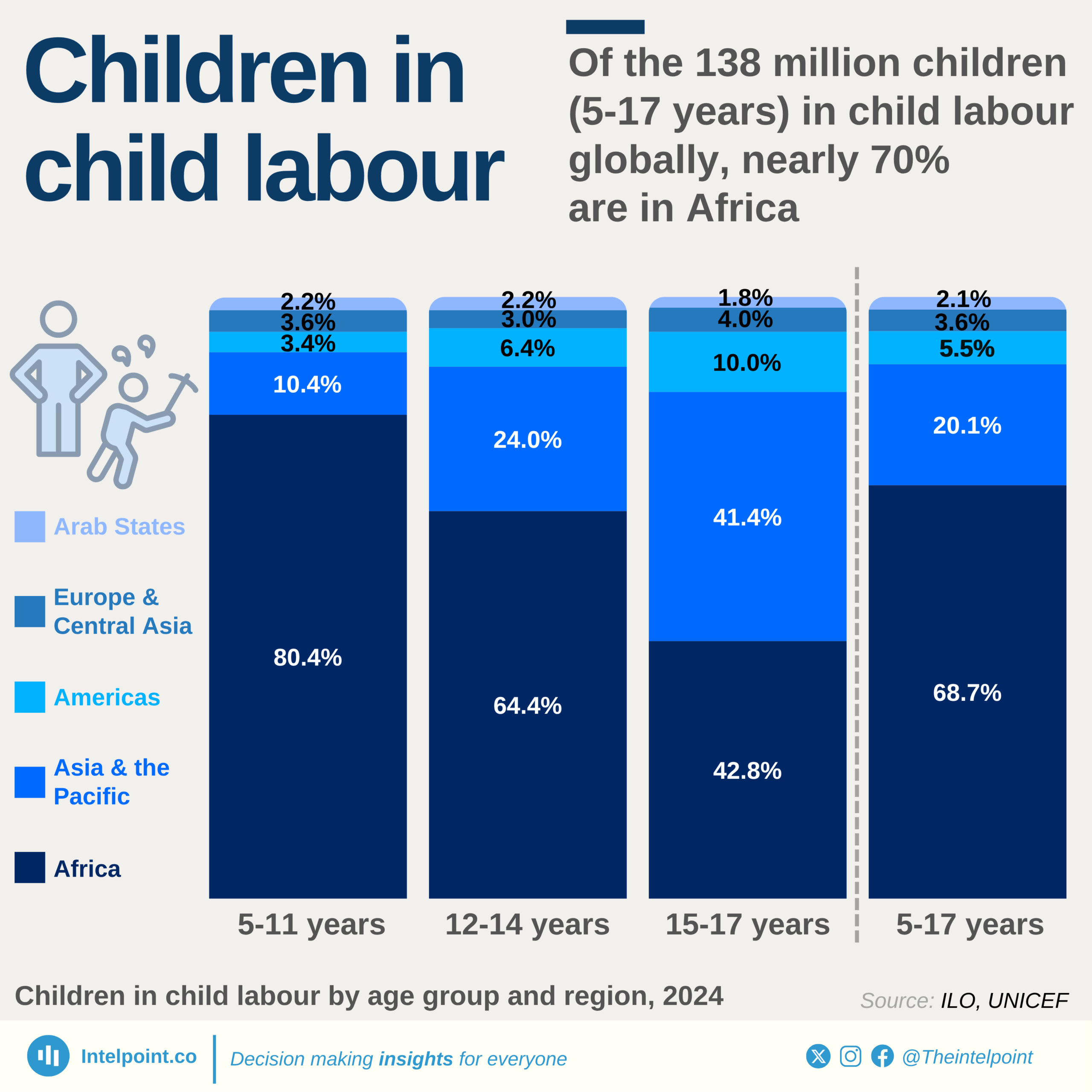A recent UNICEF report shows that 293m children worldwide did not have drinking water in their schools in 2023. Six African and four Asian countries make up the top ten, with Ethiopia and Nigeria occupying first and second positions, respectively, with 33.2m and 29m children.
The top five countries account for 42% of the total affected population.
